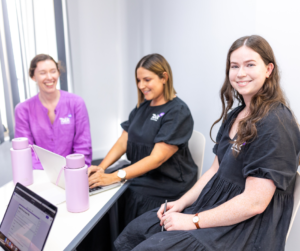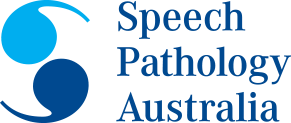At TalkHQ, we know that getting a clear picture of your child’s communication strengths and challenges is crucial. That’s why our speech therapy aseeessments are designed to give you the insights you need to support your child’s development.
Why Are Assessments Important?
Speech therapy assessments for children help us understand what kind of help your child needs. They are conducted for various reasons, depending on the child’s age, the specific service, and the family’s circumstances. Here’s a breakdown of why we do them:
- Diagnose: Identify any speech or communication issues.
- Therapy Planning: Choose the right therapy approach and determine how much therapy is needed.
- Track Progress: See how your child is improving with therapy.
- Describe Communication: Understand your child’s communication style and abilities.
- Screening: Check if there are any communication difficulties.
- Set Expectations: Determine what progress can be expected.
Assessment vs. Screening
We offer both comprehensive speech therapy asssessments and screening assessments. Here’s how they differ:
- Screening Assessments: Quick and easy, usually taking less than 30 minutes. They help spot any signs of developmental delays using observations and speech samples.
- Comprehensive Assessments: More detailed, exploring your child’s communication in various situations and activities.
The TalkHQ Assessment Process
Our process is thorough, ensuring we get a complete picture of your child’s speech, language, and communication skills. Here’s how it works:
Part 1: Parent/Caregiver Consultation
Before meeting your child, we sit down with you to discuss your concerns and the questionnaire you’ve filled out. As the primary caregiver, your insights are invaluable. This session also allows you to ask questions and helps us understand your child’s communication across different environments like home, school, or during phone calls.
Part 2: Child Assessment
In this session, which typically lasts about 90 minutes (sometimes split into two sessions), your child meets their therapist. Each assessment is tailored to the child’s temperament, age, and development stage. We use various tools and activities, from games to picture books, to evaluate:
- Attention and listening skills
- Play skills
- Understanding and speech sounds
- Oral motor skills
- Vocabulary and sentence structure
- Storytelling abilities
- Social interaction skills
- Writing, spelling, and reading abilities
Part 3: Feedback & Goal Setting
After analyzing the assessment results, we meet with you to discuss findings, determine if therapy is needed, and set goals. You’ll receive a treatment management plan, summarizing what your child did well, areas of difficulty, therapy goals, and the next steps.
Assessment Tools We Use
Our speech pathologists have a variety of tools at their disposal, chosen based on your child’s age, attention, compliance, personality, and the specific areas needing assessment. These tools include standardized tests, parent and teacher questionnaires, and observational methods.
Our Reports
Every child assessed at TalkHQ receives a detailed written report. This can be crucial for further referrals, school support, or funding applications. Our reports are comprehensive, often required by pediatricians or services like NDIS.
Assessment Only Clinic
To manage our waiting list, we offer an Assessment Only Clinic, especially during school holidays. This helps parents quickly find out if intervention is needed and provides immediate insights into their child’s communication profile.
Want a TalkHQ Assessment?
If you’re concerned about your child’s communication and want to book an assessment, contact us. Our friendly team is ready to help your child succeed!
For more information, visit our website at www.talkhq.com.au.







